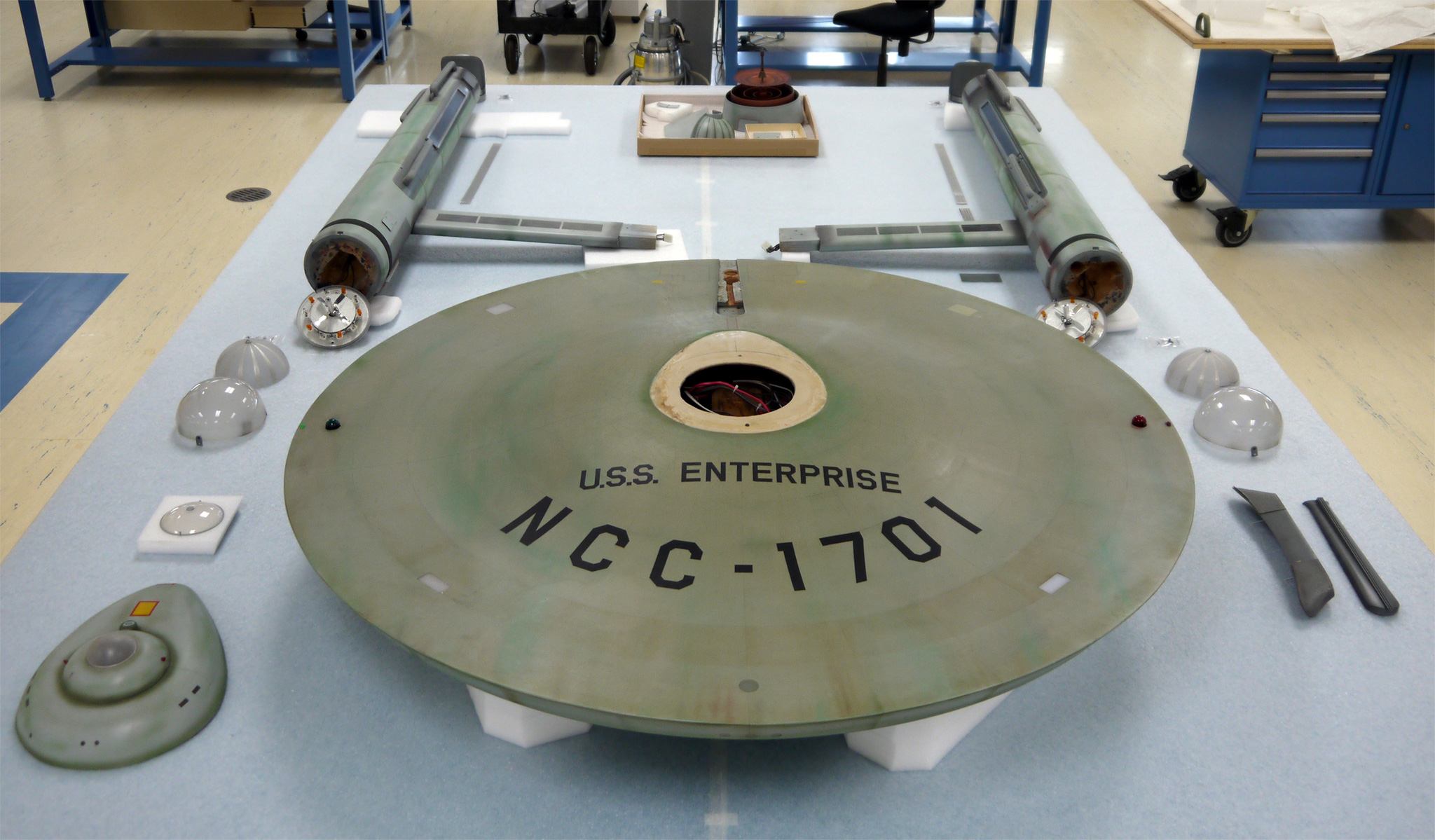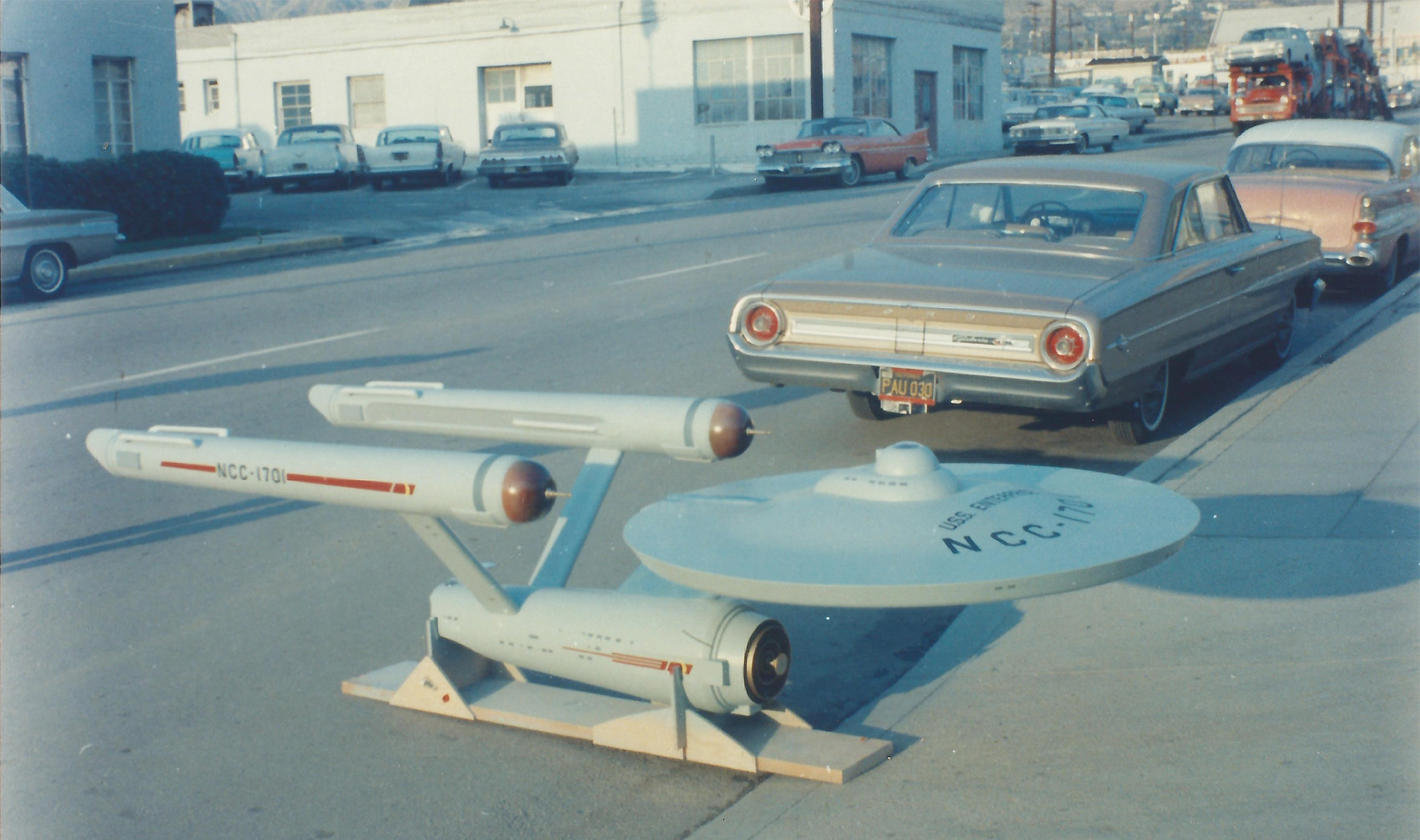An old saying comes to mind in these noisy times: “Never let the truth get in the way of a good story.”
Think back on your life as you’ve lived it so far. Could you write a coherent and captivating story that ties your experiences together? Would it be accurate?
What would you have to do to make your life story compelling? Would you leave certain elements out? Make the tenuous links between marginally-related events stronger? Embellish some aspects you like and de-emphasize others you find less interesting or unflattering? Link several occurrences together to create an arc, with a beginning, a clear trajectory, and a satisfying conclusion?
Could you sell your story?
While the vast majority of today’s reporting comes from well-intentioned folks, media is a business. It thrives on attention. If you have a difficult time stringing together a compelling narrative for the one life experience you know the best, how much time do you think media outlets take when reporting the flood of news that constantly surrounds us?
If there was a question over the significance of an event, do you think a media outlet would emphasize crushing, pedantic accuracy? Not a chance. Most of the time they focus on that compelling chain of inferred causality we call the story.

The Enterprise model under restoration at the National Air and Space Museum.
I’m reminded of a piece of advice from John Scalzi’s sharp novel Redshirts:
Avoid the narrative.
Stories have a power and danger all their own. It’s easy to let them carry you away. Facts are easier to establish than causality. Our minds want to create stories out of these facts to make sense of the world, but that’s not as straightforward as it seems.
One mistaken chain of causality in a news report might not seem so important if it’s proved false the next day. But when the same mistakes happen again and again over months and years, our perception of the world can be greatly skewed.
Don’t let that happen. Pay attention to the facts themselves. Question the storyline. Don’t accept a neat explanation just because it reinforces your or others’ preexisting views. We already know individuals are complicated. Shouldn’t the interactions between billions of them over years, decades, centuries, or millennia be even more so?
There are many compelling stories in the world, but that doesn’t mean they’re all true. Understanding that a story isn’t pure fact doesn’t make it meaningless, but it does make it fiction. While fiction can be enjoyable and even enlightening, we get into trouble when we start mistaking it for reality.
Never let a good story get in the way of a difficult, complicated truth. Reality is challenging, but the struggle to see things as they are is well worth the effort.
